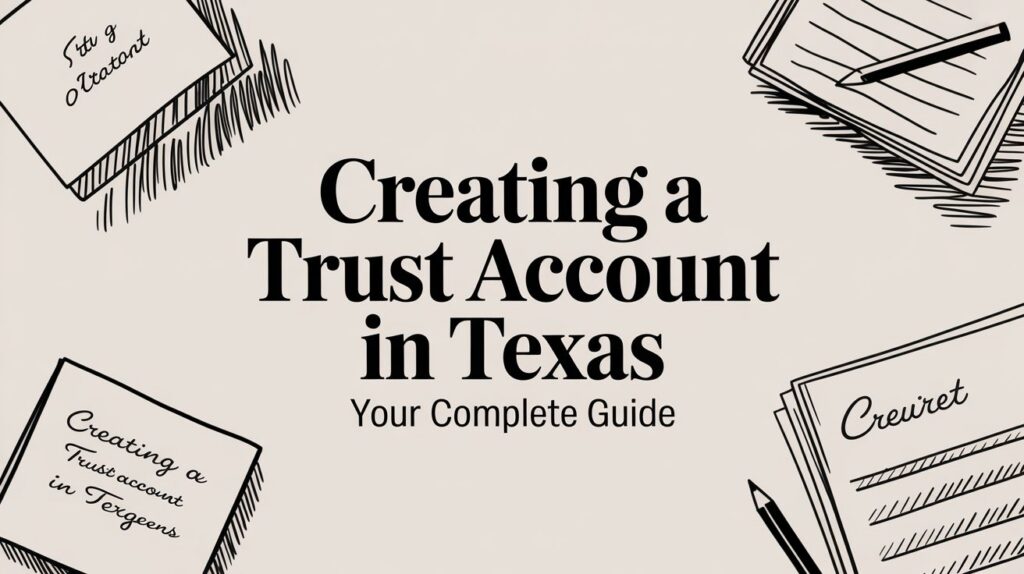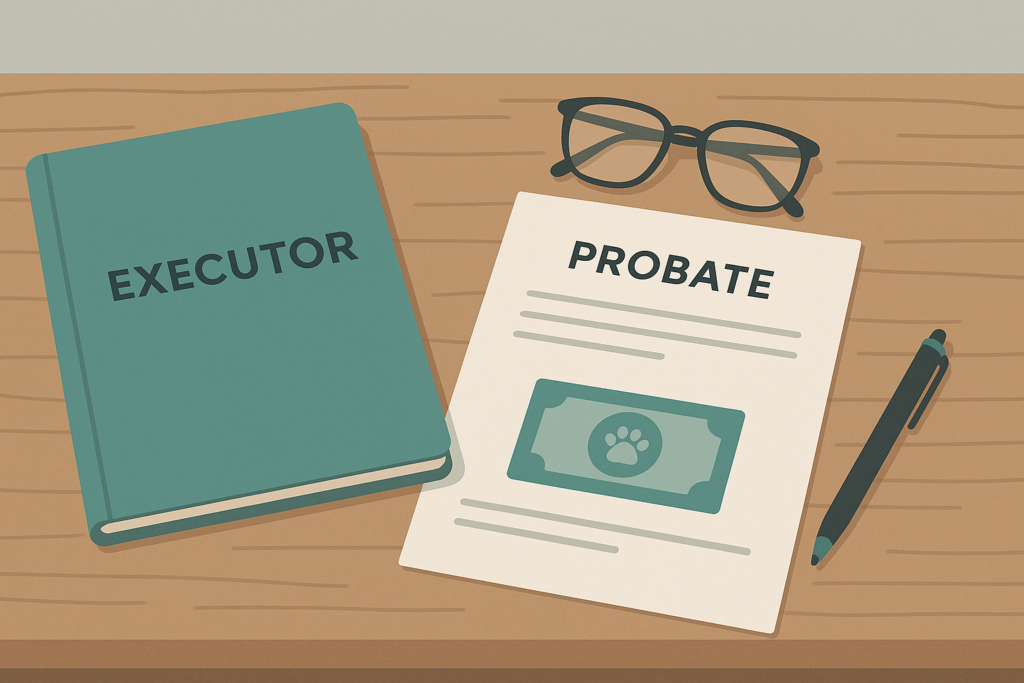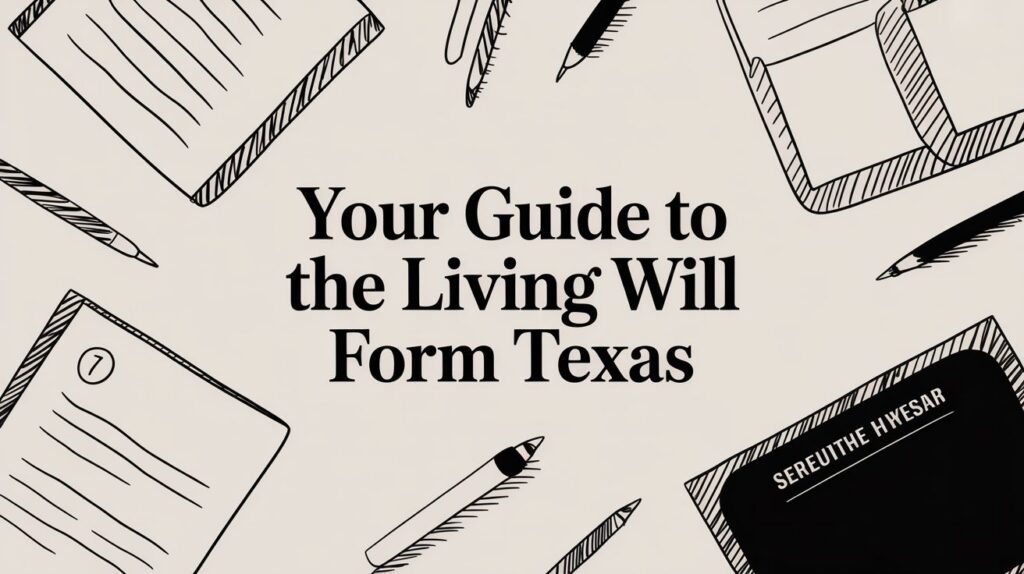When it comes to estate planning, the decision between establishing a living trust or writing a will can significantly affect how your assets are handled after your death. While both tools serve to distribute property, only one offers the distinct advantage of helping your family avoid probate court entirely. In this article, we’ll dive into the difference between living trusts and wills, how probate affects each, and how you can make the smartest choice for your estate.
We’ll approach understanding living trusts vs. wills in probate court from a practical, story-driven, and analytical angle—because planning for the future doesn’t have to be cold or complicated. With real-life scenarios and plain-English explanations, you’ll come away with a strong grasp of what these tools are, how they work, and why establishing a living trust might be the smartest financial decision you haven’t made yet.

What Is a Living Trust?
A Simple Definition with Powerful Benefits
A living trust is a legal arrangement in which you (the grantor) place your assets into a trust while you’re still alive. You appoint a trustee—often yourself—to manage those assets during your lifetime, and a successor trustee who takes over after your death to distribute the assets to your beneficiaries.
Unlike a will, a living trust is not subject to probate. That means no court fees, no delays, and no public record of what your family inherits.
Think of establishing a living trust like building a private highway for your assets. Instead of getting stuck in the traffic jam of probate court, your estate gets a smooth, direct route to your heirs.
What Is a Will?
The Traditional Route (with a Few Pitfalls)
A will is a legal document that outlines how your assets should be distributed after your death. It also allows you to name guardians for minor children, appoint an executor, and make specific bequests.
However, a will must go through probate court, which is the legal process for validating your will, settling debts, and distributing assets under court supervision.
While a will is better than nothing, it comes with several downsides:
- It becomes public record
- It may be contested by unhappy heirs
- It often results in delays of several months or more
- Probate court fees can eat into your estate
Understanding living trusts vs. wills in probate court requires realizing that a will is often just the starting line—not the finish.
Real-Life Story: Two Siblings, Two Outcomes
Samantha and Brian were siblings whose parents passed away just two years apart. Their father had established a living trust, while their mother had a traditional will.
When their father died, Brian—named as the successor trustee—transferred ownership of assets in just a few weeks. No court, no extra fees, and no family drama.
But when their mother passed, Samantha had to open probate court proceedings, hire a lawyer, notify creditors, and wait almost a year before any assets were released. On top of that, their mother’s will was contested by a distant cousin who claimed she had been promised a share of the estate.
The contrast between the two experiences drove home how different things can be when establishing a living trust is part of the plan.
Why Probate Court Exists
The Gatekeeper of Estate Law
Probate court is the legal mechanism through which the assets of a deceased person are distributed. The court ensures that:
- The will is valid
- Creditors are paid
- Taxes are filed and settled
- The correct heirs receive assets

While this may seem like a necessary safeguard, the reality is that probate can be time-consuming, costly, and emotionally draining for grieving families.
That’s why understanding living trusts vs. wills in probate court is so critical—avoiding probate can save your loved ones an enormous amount of stress and money.
Establishing a Living Trust: Step-by-Step
It’s Easier Than You Think
One common misconception is that establishing a living trust is complicated or only for the wealthy. In reality, setting one up is more straightforward than most people expect.
Here’s how the process typically works:
- Decide what to include in the trust – This can include real estate, bank accounts, investments, vehicles, and personal property.
- Choose a trustee and successor trustee – You’ll manage your assets while alive, but your chosen successor will step in when you pass.
- Draft the trust document – This is done with the help of an attorney or a legal service that specializes in estate planning.
- Transfer assets into the trust – This step is crucial. You’ll need to change titles, deeds, and beneficiary designations.
- Maintain the trust – Any new property should also be added as you acquire it.
With this in place, your estate will bypass probate and go straight to your beneficiaries without delay.
Comparing Costs: Living Trust vs. Will
Pay Now or Pay Later
Yes, establishing a living trust costs more upfront. You might spend $1,000 to $3,000 to set one up, especially if you work with an attorney. A basic will might only cost a few hundred dollars or less.
But consider this:
- Probate fees can range from 3% to 7% of the estate value
- Lawyer fees, filing fees, and court fees can quickly exceed the initial cost of a trust
- Delays can cause financial hardship for heirs who rely on access to the estate
In other words, while a trust requires more effort now, it often saves thousands later—not to mention time and privacy.
Understanding living trusts vs. wills in probate court also means recognizing that your upfront investment pays dividends in peace of mind.
Privacy and Protection
What Happens Behind Closed Doors
One major advantage of establishing a living trust is that it remains private. A will becomes part of the public record once it’s filed with the court. That means anyone—friends, nosy neighbors, or opportunistic relatives—can see who inherited what.
Living trusts, on the other hand, are private documents. The only people who see the contents are:
- The trustee
- The beneficiaries
- Any legal counsel involved in managing the trust

For those who value privacy, this alone can be the deciding factor in choosing a trust over a will.
What About Young Families?
Planning Beyond Assets
If you have minor children, a will is essential for naming guardianship preferences—living trusts don’t cover that. However, that doesn’t mean a will is the better tool overall.
Many estate planners recommend using both: a living trust for assets, and a will (often called a “pour-over will”) to cover any remaining issues and appoint guardians for children.
This combination ensures that:
- Assets are transferred efficiently
- Probate is avoided for most property
- Your children are protected in your absence
In this way, understanding living trusts vs. wills in probate court becomes part of a bigger conversation: how to prepare your entire family for the unexpected.
Probate Disputes: The Drama You Didn’t Plan For
Why Trusts Often Win the Day
Probate court is fertile ground for disputes. Relatives contest wills, question executor decisions, and sometimes even accuse one another of fraud or coercion.
A well-written living trust:
- Leaves little room for argument
- Clarifies your wishes in advance
- Often includes clauses that prevent litigation (like no-contest clauses)
That’s why many estate attorneys emphasize establishing a living trust if you anticipate family tension. A trust reduces the odds of infighting and makes it harder for someone to hijack your legacy.
Taxes and Trusts: What’s the Impact?
Understanding the Financial Side
For most Americans, the federal estate tax isn’t a concern (it only applies to estates worth over $12.92 million in 2023). However, estate planning still includes income taxes, capital gains taxes, and potential state-level inheritance taxes.
A living trust won’t eliminate taxes, but it can help manage them by:
- Allowing for smarter distribution timing
- Avoiding forced sales of assets during probate
- Keeping tax-sensitive assets out of public probate records
Working with an estate planner or tax attorney ensures your trust is structured to optimize for current tax laws.
When Should You Establish a Living Trust?
The Best Time Was Yesterday
The ideal time to create a living trust is before you think you need one. Life is unpredictable, and waiting for a health crisis or legal emergency only adds pressure to the process.
You should consider establishing a living trust if you:
- Own real estate
- Have children or dependents
- Own a business or investments
- Want to avoid probate
- Care about privacy and control

Starting early gives you time to revise, improve, and communicate your wishes to loved ones.
Final Thoughts: Understanding Living Trusts vs. Wills in Probate Court
Choosing between a will and a living trust isn’t about one being good and the other bad—it’s about what matters most to you and your family. If privacy, avoiding probate, and faster access to assets are priorities, establishing a living trust makes sense. If simplicity and cost are more important, a will may be enough—just know what you’re signing up for.
Ultimately, understanding living trusts vs. wills in probate court helps you take control of your estate instead of leaving it in the hands of a slow-moving, expensive court system. And in the end, that peace of mind is something your family will be forever thankful for.








